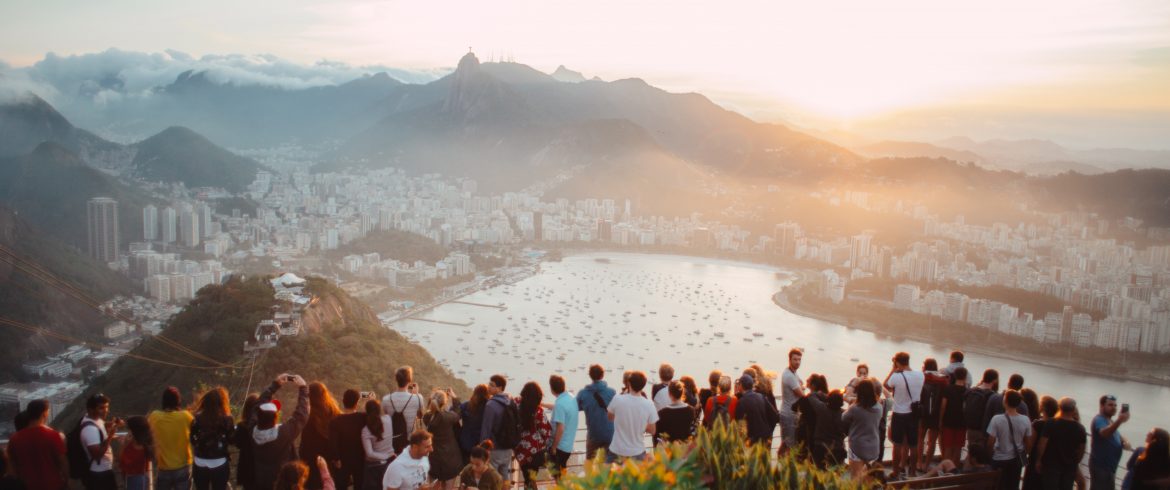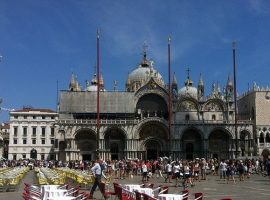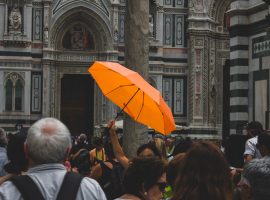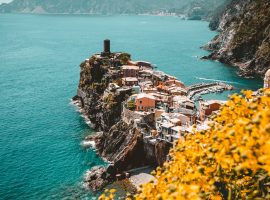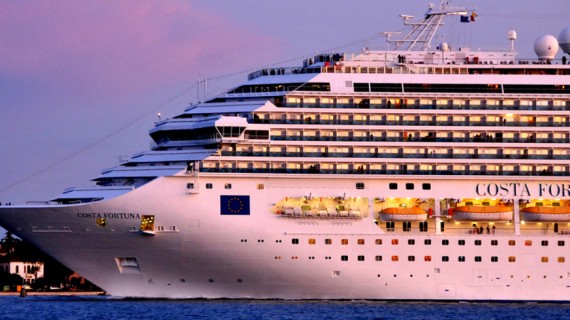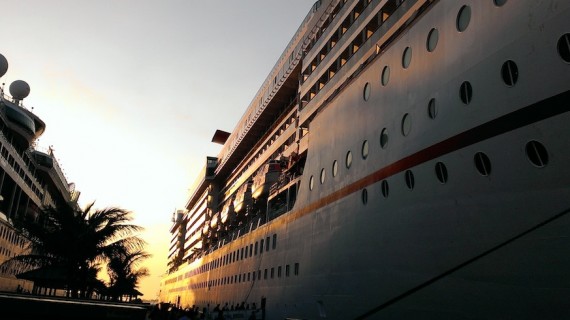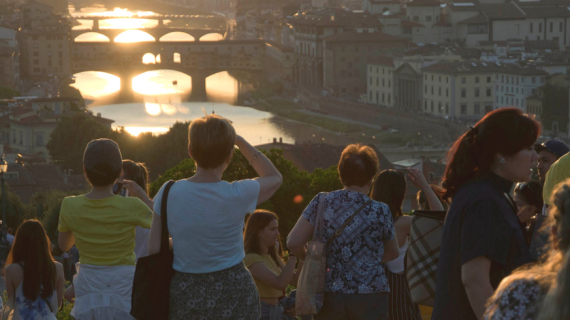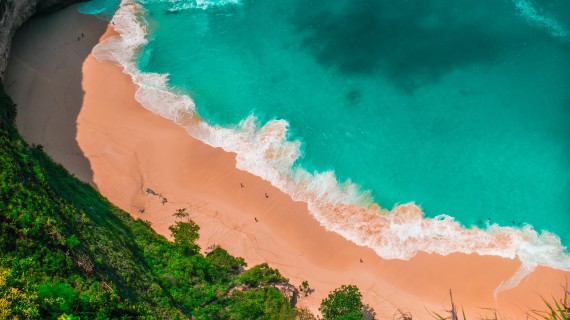Overtourism: one of the words that people use most in recent years. In effect, more and more often, tourist destinations suffer from overtourism, tourism overcrowding. Places that everyone wants to see because they are “famous”. Movie scenes shot in locations (such as Lake Braies) that now attract hordes of tourists looking for a short trip. Simply, they stop the time for a selfie and then leave for the next famous stage. This type of mass tourism causes pollution, the devastation of nature and distress of local populations. Let’s see in detail what is overtourism, what are its causes, what are the consequences, and what can be done to avoid it.
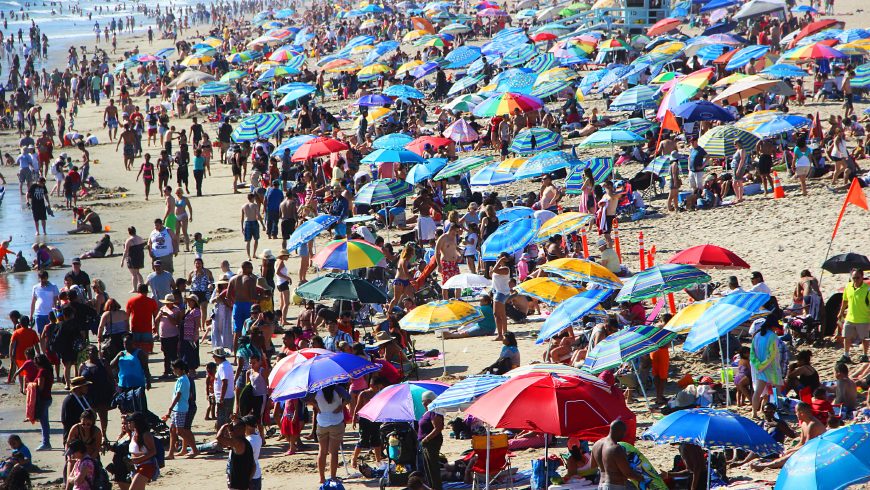
What is overtourism?
Overtourism is a neologism that indicates the overcrowding of tourists on a holiday destination. The term was first inserted in the Oxford dictionary in 2018 and nominated as the year’s word. Overtourism, literally “too much tourism”, is a complex phenomenon that we should analyze from various points of view. In essence, we could sum up the concept in one question. Is this place affected by the presence of more tourists than the place and the inhabitants can support?
When it comes to natural tourist destinations, tourism must respect flora, fauna, and microclimate. When the destination is a city, tourism must primarily respect residents, as well as local culture and archaeological sites. The latter in particular are small microcosms blocked in time that tourism should protect. If this doesn’t happen, we talk about overtourism, or unsustainable tourism for the place, for nature, for the people who live there.
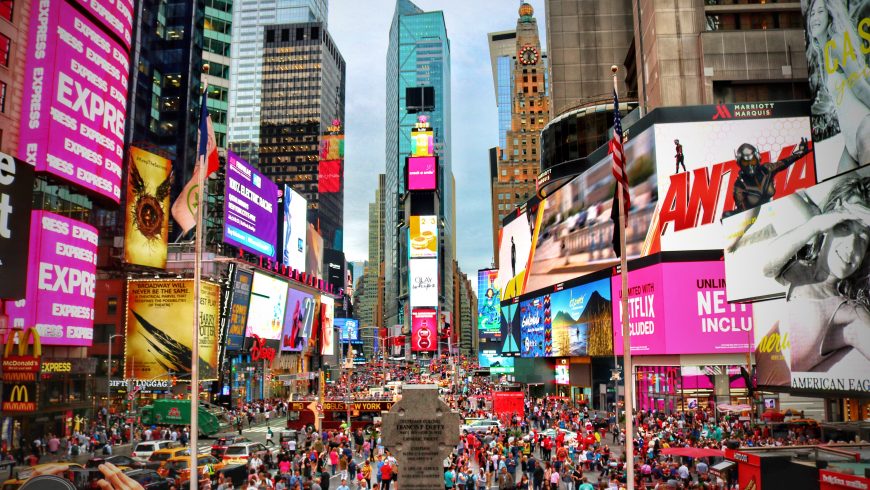
The Causes of overtourism
More than 1.4 billion people are moving around the world every year, and they are growing at an exponential rate. The World Tourism Organisation predicts that by 2030 the international flow of tourists will exceed 2 billion. This very high number of people focus on a few tourist destinations in the world, which suffer from the excessive presence of tourists. The causes of too much tourism are many. From the famous films that make tourist destinations famous to the ease with which you can reach any corner of the world. Also, we can name the cruises that bring large quantities around the seas. We talked about cruises and their environmental impact in this article.
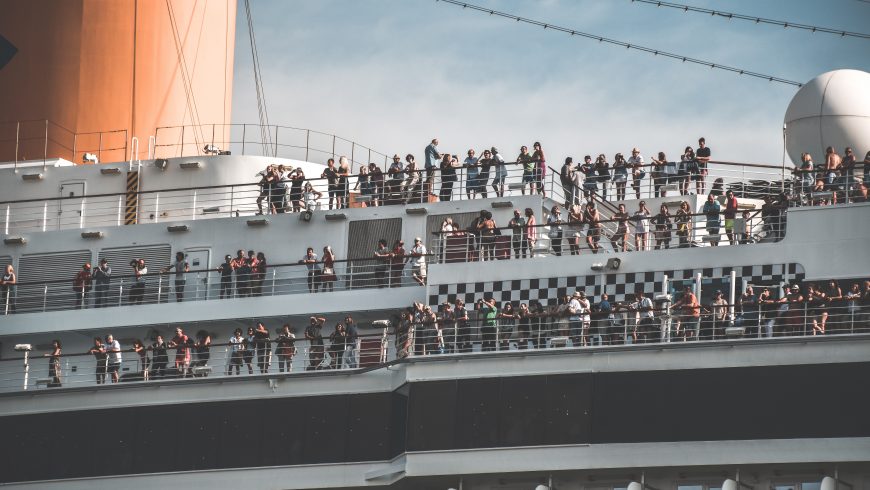
Cultural tourism, a new trend
A trend of the moment is tourism influenced by mass culture. According to this kind of tourism, people chose the destination based on social media, influencers, television programs and films. Tourism influenced by film and TV series products, also known as film tourism, has in some cases led to real disasters. An example is what is happening in the Pacific Islands: in Thailand at Maya Bay, where the film “The Beach” was shot with Leonardo Di Caprio. Over the years, tourists who wanted to see the film set invaded the small beach. This forced the Thai government to prohibit the entry of tourists to restore the delicate balance of the beautiful bay.
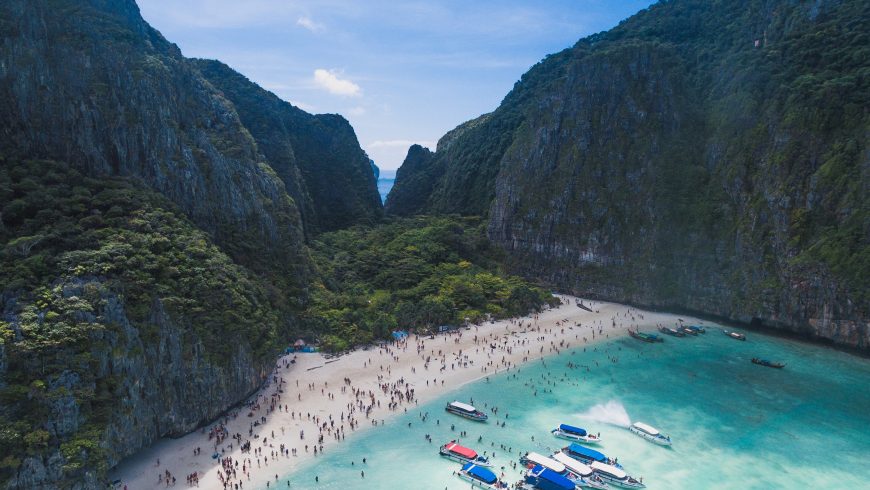
The increase in low-cost air flights and cruises is certainly one of the causes of Overtourism.
The numbers published by the World Tourism Organisation (Unwto) speak for themselves. Even in Italy, we have examples of how mass tourism damages the nature and residents of cities invaded by travelers. Venice, for example, is visited by about 20 million people a year. A number a little too high for such a delicate city, devastated also by cruise ships causing pollution.
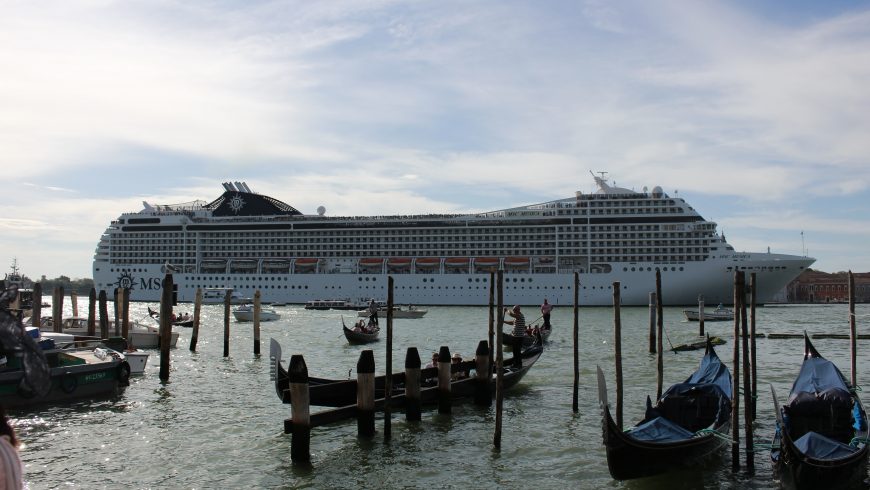
Even Florence, Capri and the Cinque Terre National Park in Liguria suffer from the excessive number of tourists arriving every year. This influx is leading the administrations of the various Italian municipalities to take steps to limit the number of revenues.
- San Marco Square, Venice; on pixabay
- Florence; photo by: Matyas Prochy; on unsplash
- Cinque Terre; photo by: Josh Hild; on Unsplash
Consequences of overtourism
1 Destruction of natural ecosystems
The flora and fauna are usually the first to suffer overtourism in the most popular natural tourist destinations. In some natural destinations, environmental issues led to the destruction of entire ecosystems. Among these problems, we can mention deforestation, exploitation of the soil and pollution. But also, no policy of raising awareness and protecting natural environments. In some cases, this situation has no possibility of redemption, such as, for example, what happens to coral reefs around the world. As global warming and tourists irreparably ruined them, corals are part of a natural system that is becoming extinct.
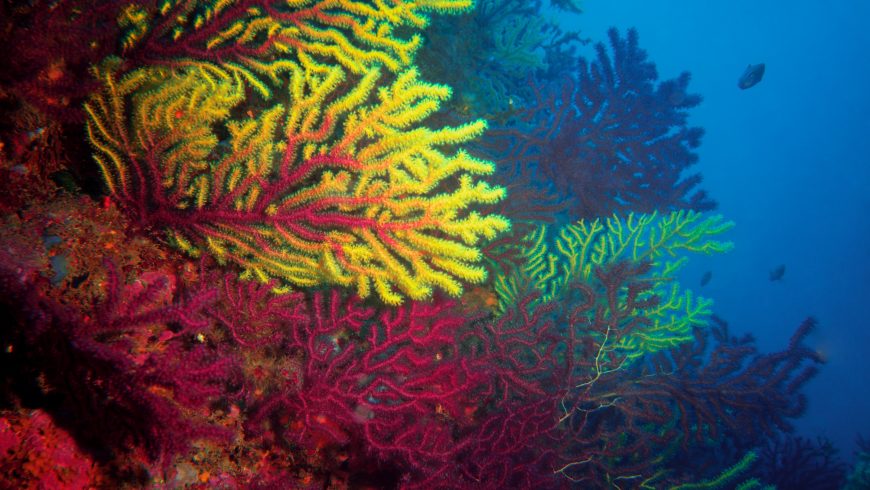
2. Increase in the amount of waste
Another consequence of mass tourism is the large accumulation of waste that people don’t differentiate. Inevitably, it creates a major environmental problem of disposal and pollution. Boracay Island, in the Philippines, has been closed to restore the ecosystem after years of uncontrolled tourism. The waste problem is also very important on the island of Bali, which is trying to combat it thanks to the thought of Zero waste Bali.
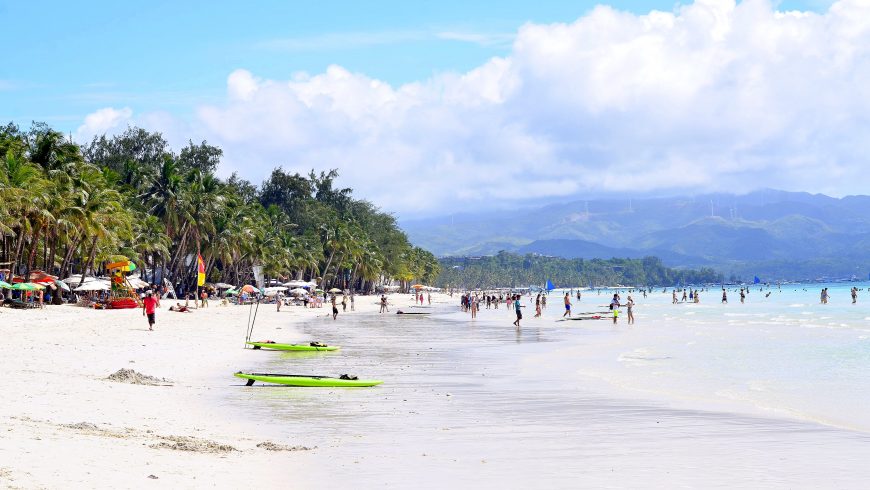
3. Escape and malaise of residents
Too much tourism affects mainly the locals. Across Europe, in cities like Barcelona or Venice, the phenomenon of overtourism has unleashed strong tensions from the inhabitants. Residents complain about the rising of housing prices and rentals. In effect, they inflated them due to the spread of online platforms such as Airbnb. But also, they talked about the disappearance of small shops, replaced by tourist shops, and the inviolability of their cities. The last consequence is the escape of residents from their cities, which have become tourist theatres, thus losing their authenticity.
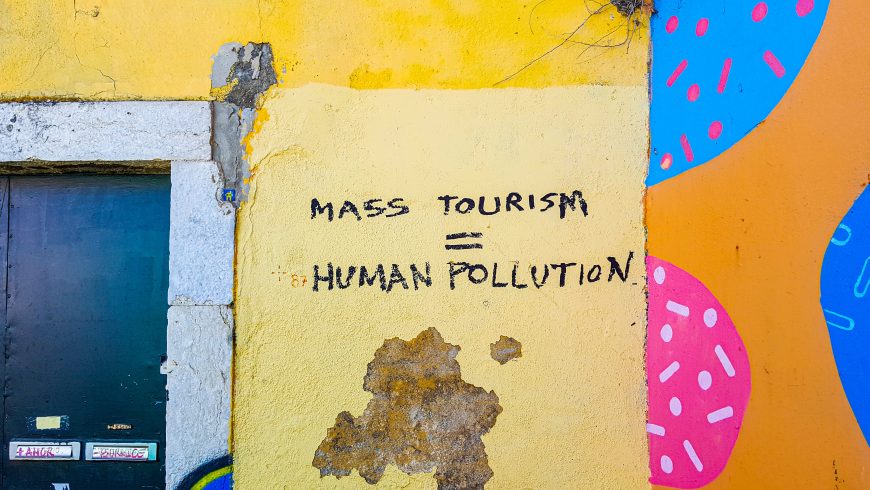
Solutions to overtourism for destinations
As tourist flows around the world increased, the World Tourism Organization (UNWTO) has dedicated an entire Report to overtourism. Certainly, there is not one single solution, but many small things that we can do during our holidays. The Report thus proposes 11 strategies and 68 measures to combat excessive tourism.
Here are the 11 suggestions that tourist destinations can follow to counter the phenomenon of overtourism.
- Encourage the dispersion of tourists within the city, and even beyond the territory, suggesting the visit of lesser-known destinations and less touristic areas.
- Promote tourism in different periods (for example out of season) and at different times from the most popular.
- Create new and different itineraries and tourist attractions.
- Review and improve regulations, such as closing some overcrowded areas to traffic.
- Attract more responsible types of travelers.
- ensure the benefits of tourism to local communities, for example by increasing the number of inhabitants employed in tourism, and by involving residents in the creation of tourism experiences.
- Develop and promote experiences in the city or territory that benefit both tourists and residents.
- Increase the infrastructure and services of the resort.
- Involve the local community in tourist decisions and choices.
- Educate travelers and tell them how to be more responsible and respectful of the place.
- Monitor and measure changes.
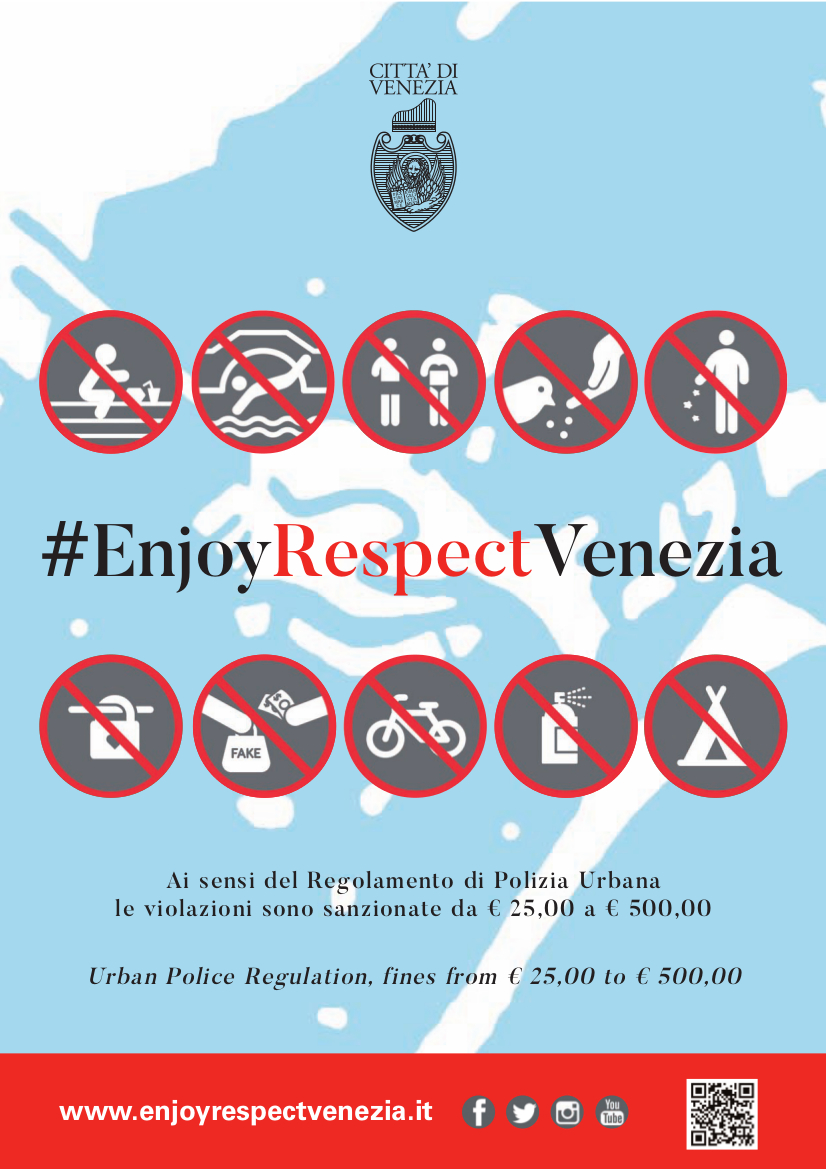
And what can we do?
With Ecobnb we promote responsible tourism, avoiding overcrowded famous destinations and promoting the close destinations. Often we don’t know what surrounds us and which beauties we can find without necessarily taking planes that emit huge amounts of CO2. Slow and sustainable tourism offers authentic locations. These places enrich local communities and those who invest in eco-sustainable activities. The real holiday could also be for you the relaxing and unplugging holiday. You could simply recharge the energies in contact with nature. Nonetheless, remember to try and lessen as much as possible for your environmental impact.
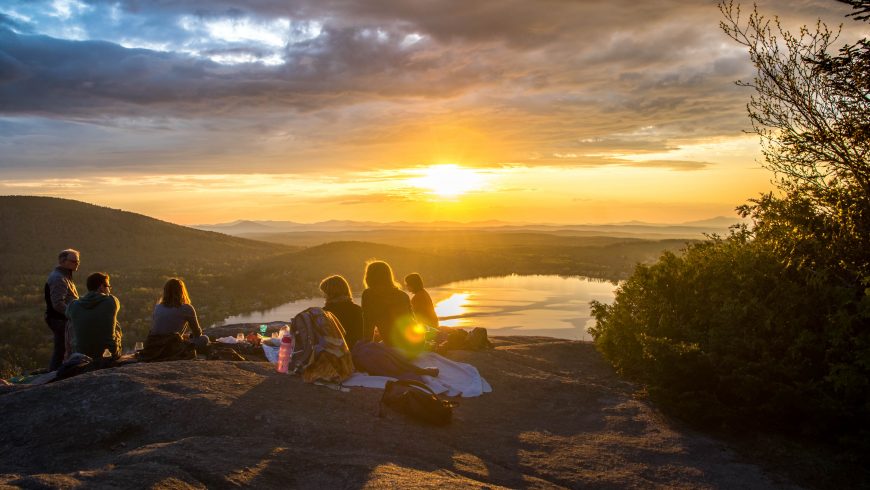
The good news is that each of us can do our part to counteract overtourism and promote sustainable tourism.
Here’s your vademecum
Here are 5 simple ideas, a vademecum, to promote quality tourism, instead of quantity, every time we travel.
- Avoid air flights and cruises, move by train and public transport whenever you can.
- Don’t take your decisions following the mass. If everyone goes to the mountains on August 15, why don’t you choose a different date?
- Organize your holidays in an alternative way, choose authentic and less touristy destinations.
- Travel out of season: spring and autumn are beautiful and less expensive seasons.
- Respect the places you visit (here you find 40 tips to travel green), try to live like a local”, immerse yourself in the culture of the place and make friends with the inhabitants.
Cover image: photo by Elizeu Dias via Unsplash
